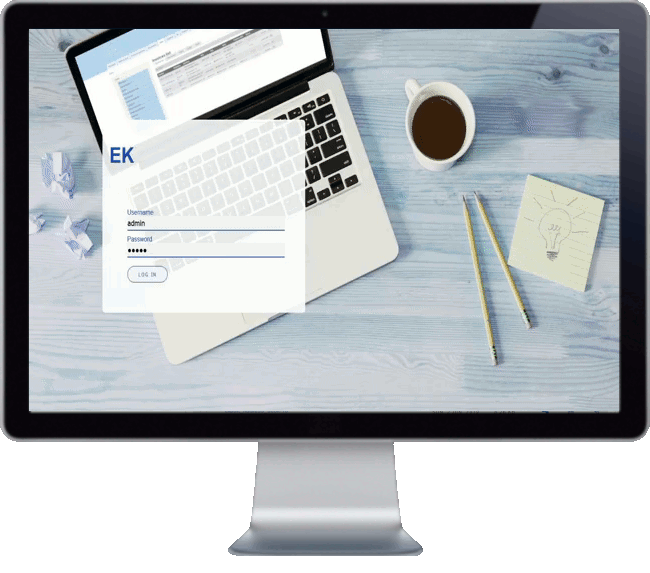
EK back-office management software follows an open-source business model.
What does it means for you, has a client or user ? What are the benefits you can get from open-source model ?
Open-source does not mean free
There is a frequent misconception that as a software is open-source, it must be free. Open-source does not mean it has zero cost to develop, run or maintain. Open-source means that a software developer publish it code openly to the public.
When a software is developed, the main cost is time it takes to write the code. It does not change much if it is open-source or proprietary. Other marginal costs will be hardware used to write and run the development. Once the software is developed, the developer may then distribute it as open source code. Any user may then copy and run it on its hardware. If it is the case the user will not pay for the development but may eventually pay for the hardware (computer or server) and time it may need to maintain the whole setup (updates, security, etc...).
Actually, cost is everywhere around open-source software. What will change, in comparison to a proprietary software, is how this cost is shared in the development and usage flows.
EK back-office use itself an open source Content Management Software called drupal, on top of which modules are built. In turn, most of EK modules are also available open source. Drupal is used by thousands of web sites to manage online content.
If you opt for the Saas service, what you pay for is not the software license but the hardware, time, service and expertise used to run a cloud solution.
What are the benefits ?
When choosing open-source there are multiple benefits for users.
Optimize the cost to only pay hardware and service to customize or run the program is the most common perceived interest as seen earlier.
But there is much more than that.
When a software is published open-source, it may then attract contributors that will review code, correct bugs, alert about security issues or enhance the original code. Community contribution and improvements is a clear benefit from open-source.
Chances that bugs will be corrected faster is high as open-source software attract large community. Sames goes with security issues.
Depending on the project, you may have also multiple available plugins or modules that will add benefits to the original project. Drupal is the right example, with hundreds of available modules that can plug to the core system. So when using Drupal based open-source solution, you may get much more than the base system. As an example, one of our module is published in Drupal extensions repository and has external contribution, bug fixes and users that improve its code. This module can be installed for free in EK. What we may charge is not the module license but the private server that manage secure connection for video conferences,
Another frequently missed benefit from open-source, that is particularly important in business applications is the business continuity advantage.
Business continuity issues appear when information is not anymore accessible to run the business: loss of critical data or the person that control those data cannot be reached. With an open-source based system, a back-office implementation plan and some simple rules, you can greatly minimize the business continuity issues. You data will always be restored if needed. For instance, all of our users receive a daily data backup from the server. Those data can be read from any open-source compatible software as they are produced from a open-source system and you do not need a proprietary solution for that.
With an open-source solution you are the owner of your data and not tied to a vendor to access and manage those data.


Add new comment